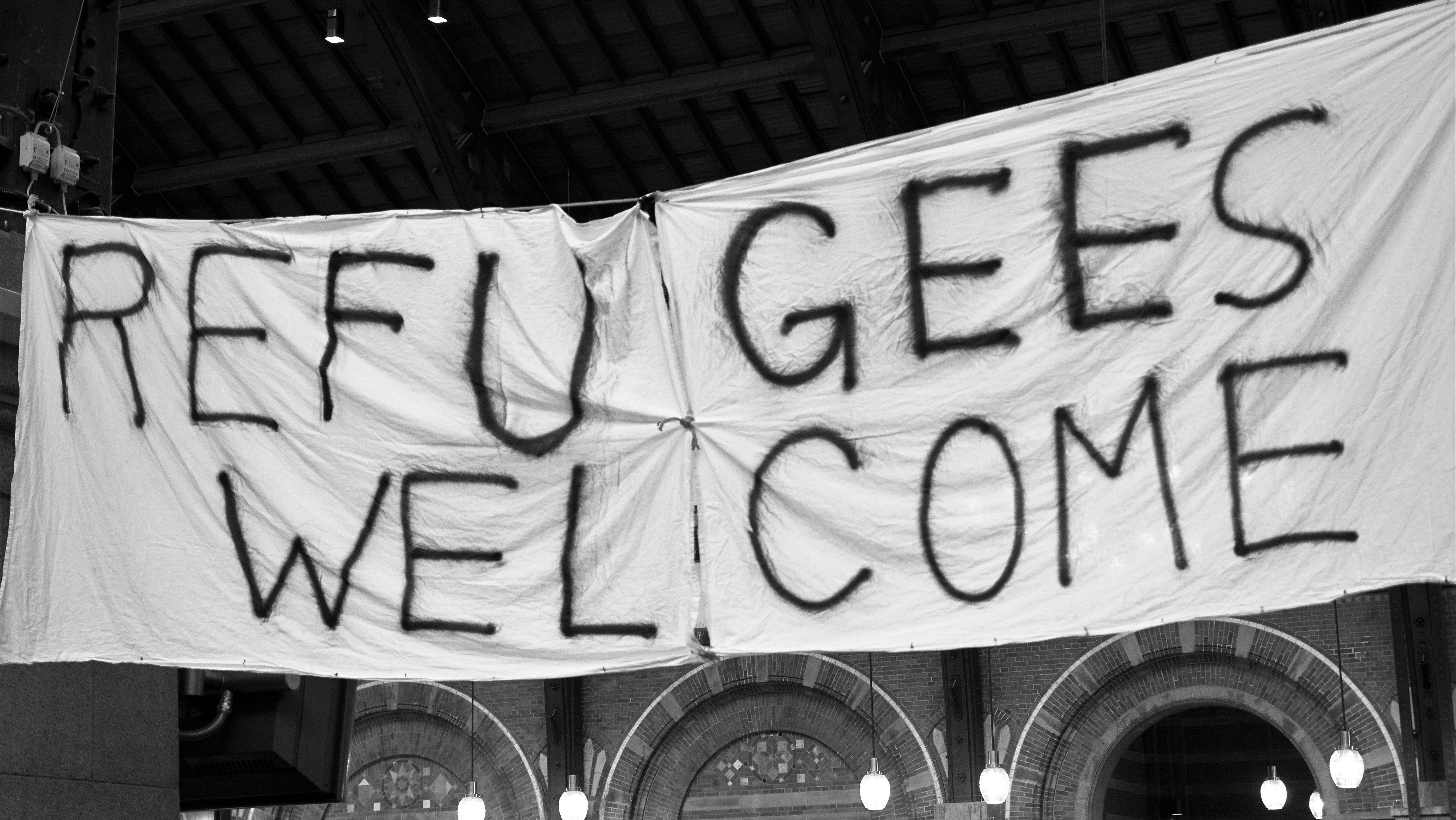Anti-racism in the Nordic countries
Nordic governments have been known for their anti-racist policies abroad, but immigration since 1960s has led to debates on issues such as integration, the role of Islam, women’s rights in immigrant communities and so on. To many in the anti-racist movement, a call for equality is not sufficient, since it is often necessary to defend the right to be culturally different in order to achieve true equality.

Nordic governments have for decades been known for their anti-racist policies abroad and were among the foremost in supporting the anti-apartheid movement in South Africa during the 1980s. However, since the late 1960s, the new immigration from the global south and south-eastern Europe into the Nordic countries has led to confrontations with ingrained negative attitudes towards strangers at home. There is an almost continuous media debate about issues such as the immigrants’ integration into society, the role of Islam, women’s rights in the immigrant communities and so on. Questions concerning discrimination against minorities in the labour market and elsewhere are also periodically raised, but unlike in Britain and the US, ‘race’ as such is rarely discussed.
As a consequence, the organisations and individuals who are seen as anti-racist in Scandinavia are in fact concerned with ethnic discrimination regardless of skin colour and physical appearance. Such organisations and NGOs exist in all of the Nordic countries, and they have, since the 1970s, chiefly been working with human rights issues. Typically, they combat discriminatory practices in the media, in the labour and housing markets, by police and customs officers, and in public areas such as restaurants and nightclubs. Following the 2015 ‘refugee crisis’ resulting from the civil war in Syria, several NGOs which did not traditionally deal with racism, including organisations associated with the church or trade unions, took a visible stance against draconian state policies towards immigrants, especially in Denmark and Norway, which admitted far fewer refugees than Sweden.
These NGOs, along with public agencies set up to monitor and report ethnic discrimination, work through established channels of politics and communication. However, more loosely organised groups of young, militant anti-racists are also visible, through demonstrations and occasional skirmishes with extreme right-wing groups.
The extent of ethnic discrimination is unknown. All Nordic countries have laws prohibiting racist statements and actions, but the number of convictions is very low in spite of the fact that there are many documented cases of transgressions. In some areas, notably the system of higher education, affirmative action in favour of immigrants and their children is to some extent practised, yet there remains a clear discrepancy in educational achievement between the majority and the minorities. Ethnic discrimination in the labour market has also been documented by social scientists.
Since the 1990s, and increasingly after the turn of the millennium, anti-racist organisations have encountered new challenges through the increased emphasis on culture and cultural differences in the minority debate, and the rise to political prominence of parties and movements which openly criticise former policies for having been too lenient and generous towards the new minorities. From having its main focus on work, housing and discrimination, the debate has, in all the Nordic countries, shifted towards problems associated with cultural differences between natives and immigrants. While, on the one hand, all citizens shall enjoy equal rights and opportunities, minorities also have rights enabling them to retain their cultural identity. Traditionally, anti-racists have only worked towards equality, but they are now obliged to take a position on questions such as home language teaching in schools, arranged marriages and the place of Islam in a pluralist, liberal society.
This problem in fact points towards a fundamental dilemma of multicultural societies, namely the relationship between difference and equality. To the anti-racist movement, this predicament indicates that a call for equality is not sufficient in itself, since it is possible that in order to achieve true equality, it can be necessary to defend the right to be culturally different in certain respects.
Further reading:
- Peter Hervik, ed. Racialization, Racism and Anti-Racism in the Nordic Countries (London: Palgrave, 2019).